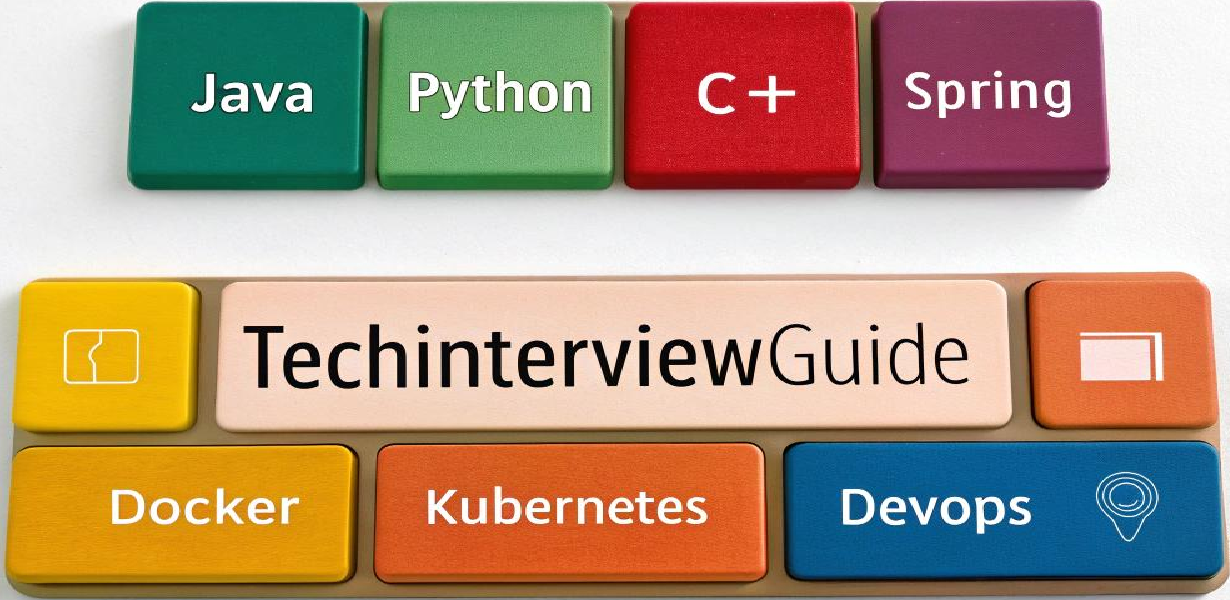Stream processing in Java provides a functional approach to handling collections of data, but dealing with exceptions within this paradigm can be tricky. Since streams encourage a declarative style, exception handling may seem somewhat out of place at first. However, it is crucial to implement robust exception management techniques to ensure that your stream pipelines handle errors gracefully. In this guide, we will explore how to manage exceptions in a Java Stream processing pipeline with practical examples, best practices, and solutions to common challenges.
Understanding Stream Processing in Java
Java Streams, introduced in Java 8, provide a powerful way to perform operations on sequences of elements in a functional style. A stream is not a data structure but rather a view of data stored in collections, arrays, or I/O channels. You can perform various operations like filtering, mapping, reducing, and collecting data in a declarative manner.
Here is a basic example of using a stream to process a list of integers:
List numbers = Arrays.asList(1, 2, 3, 4, 5);
numbers.stream()
.filter(n -> n % 2 == 0)
.map(n -> n * 2)
.forEach(System.out::println);
This example filters even numbers and doubles them before printing each value. However, when handling more complex data processing, exceptions may arise due to various reasons, such as invalid input or logic errors.
Challenges of Exception Handling in Java Streams
One of the biggest challenges when working with Java Streams is that the Stream API does not natively support checked exceptions. In Java, many methods (such as those involving file operations or database interactions) throw checked exceptions like IOException or SQLException. Streams, by design, operate on lambdas, which do not allow checked exceptions to be thrown. This creates a dilemma when you need to handle errors in your stream processing pipeline.
Approaches for Managing Exceptions in Java Streams
Let’s discuss a few ways to manage exceptions in Java Streams effectively:
1. Wrapping Checked Exceptions in Unchecked Exceptions
The simplest and most common solution to handle checked exceptions in a stream pipeline is to wrap them into unchecked exceptions (like RuntimeException). This approach allows the stream to propagate exceptions without breaking the stream’s functional flow.
Example:
List strings = Arrays.asList("1", "2", "three", "4");
strings.stream()
.map(s -> {
try {
return Integer.parseInt(s); // Might throw NumberFormatException
} catch (NumberFormatException e) {
throw new RuntimeException("Invalid number format", e);
}
})
.forEach(System.out::println);
In this example, if a non-numeric string is encountered, it gets wrapped into a RuntimeException. This lets the stream continue processing without the need for explicit exception handling in every lambda expression.
2. Using a Custom Wrapper Method for Exceptions
If you want to handle exceptions in a more controlled manner, you can create a custom utility method that wraps your lambdas and catches exceptions, converting them into unchecked exceptions.
Example:
public class ExceptionWrapper {
public static Function wrap(Function function) {
return t -> {
try {
return function.apply(t);
} catch (Exception e) {
throw new RuntimeException("Exception during stream processing", e);
}
};
}
}
Now, you can use this wrapper to handle exceptions in your stream processing pipeline:
strings.stream()
.map(ExceptionWrapper.wrap(s -> Integer.parseInt(s)))
.forEach(System.out::println);
3. Using try-catch Blocks Inside Stream Operations
If you want to log the exception or perform specific error-handling actions without halting the entire pipeline, you can use try-catch blocks within the stream operations themselves.
Example:
strings.stream()
.map(s -> {
try {
return Integer.parseInt(s);
} catch (NumberFormatException e) {
System.err.println("Error parsing: " + s);
return null; // Return a fallback value
}
})
.filter(Objects::nonNull) // Filter out null values
.forEach(System.out::println);
In this example, instead of throwing an exception, we catch it and print an error message. Additionally, we return a fallback value and filter out nulls in the pipeline.
4. Handling Exceptions in Parallel Streams
When using parallel streams, exception handling becomes trickier because of the concurrent nature of execution. You should ensure thread safety and manage exceptions appropriately to avoid thread interference or inconsistent results inconsistent.
In a parallel stream, exceptions are often wrapped in a CompletionException. Here’s an example:
strings.parallelStream()
.map(s -> {
try {
return Integer.parseInt(s);
} catch (NumberFormatException e) {
throw new CompletionException(e);
}
})
.forEach(System.out::println);
This approach ensures that exceptions are caught and rethrown in a manner suitable for parallel execution contexts.
Best Practices for Managing Exceptions in Java Streams
To summarize, here are some best practices to manage exceptions effectively in Java Streams:
- Wrap checked exceptions in unchecked exceptions to ensure stream operations are not interrupted.
- Use custom wrapper methods to handle exceptions in a reusable manner across your stream operations.
- Use
try-catchblocks within stream operations to handle errors locally, log issues, or provide fallback values. - For parallel streams, ensure thread-safe exception handling and consider wrapping exceptions in
CompletionException.

